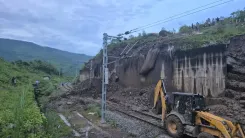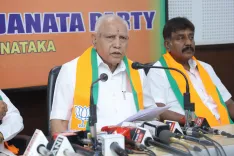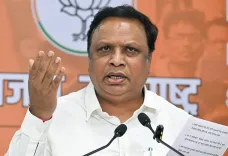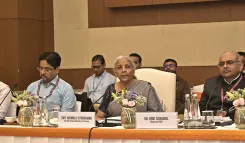What Happened During 50 Years of Emergency? Survivors Share Their Stories
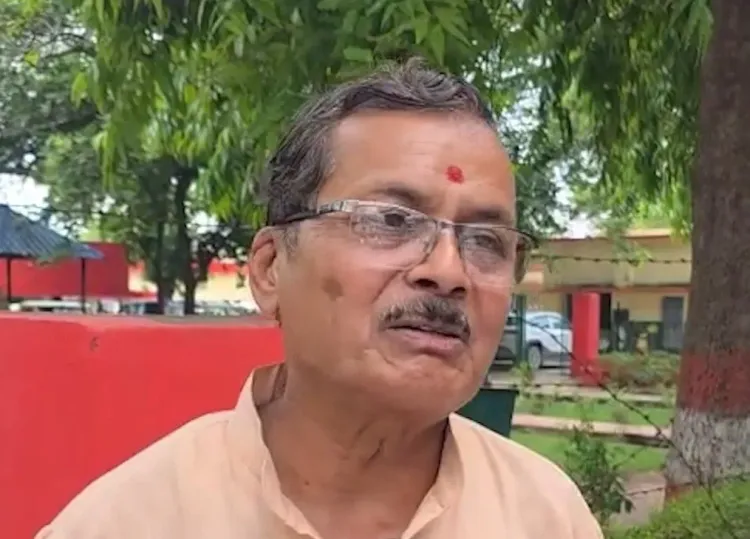
Synopsis
Key Takeaways
- Emergency lasted from June 25, 1975, to March 21, 1977.
- Numerous individuals faced imprisonment and torture.
- Media censorship was prevalent, limiting freedom of expression.
- Survivors are seeking official recognition for their sacrifices.
- Voices highlight the importance of safeguarding civil liberties.
New Delhi, June 23 (NationPress) As the nation commemorates the 50th anniversary of the Emergency declared by then Prime Minister Indira Gandhi on June 25, 1975, haunting recollections of severe oppression, silencing of dissent, and curtailed freedoms resonate with those who lived through it.
Numerous survivors from various parts of the country, who faced imprisonment during the Emergency (1975-1977), shared their harrowing tales with IANS, recounting their experiences of suppression through extreme measures.
In Mathura, veteran Rashtriya Swayamsevak Sangh (RSS) member Vijay Bahadur Singh reflected on how the Emergency robbed citizens of their fundamental freedoms.
“It was a period when even expressing thoughts in writing or printing materials without the District Magistrate’s authorization was deemed illegal. The media was suppressed, and dissent was stifled,” he stated.
Singh, who engaged in a satyagraha against the government, asserted that he was arrested and experienced custodial abuse.
“They interrogated me about Dinesh ji, our district pracharak. When I declined to answer, they tortured me. My nails were extracted with pliers, and I endured beatings with sticks,” he recounted.
In Chandauli, another former prisoner, Harbansh Singh, now a well-respected local leader, shared how he was motivated by socialist leader Raj Narayan to rise against the Emergency.
“I spent 14 months incarcerated. I completed my intermediate exams while in prison. After my release, I ran for and won the presidency of the Municipal Inter College,” he mentioned.
He also recounted his experiences evading the police, ultimately being apprehended at Mughal Sarai station during an event with then Railway Minister Kamalapati Tripathi.
In Bareilly, Virendra Kumar Atal, who faced imprisonment during the Emergency, called for formal recognition of the sacrifices made.
“I appeal to Prime Minister Modi and Home Minister Amit Shah to confer the status of freedom fighters upon Emergency detainees. We too fought for democracy,” Atal declared, standing at the very site of his arrest in 1975.
These testimonies reflect a widespread sentiment that the Emergency represents a grim chapter in India's democratic evolution, characterized by mass detentions, suppression of opposition, and a complete erosion of civil liberties.
As India approaches the 50th anniversary of this dark period, survivors are not merely reminiscing about their trauma—they are advocating for justice and state recognition of their sacrifices.

